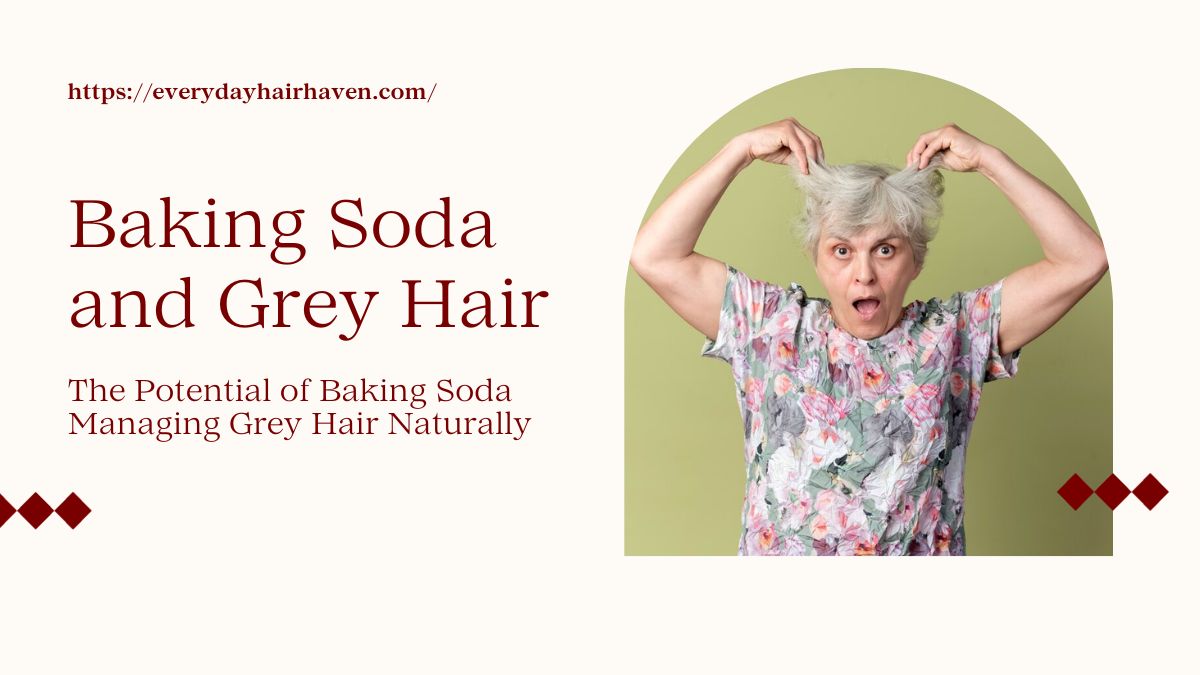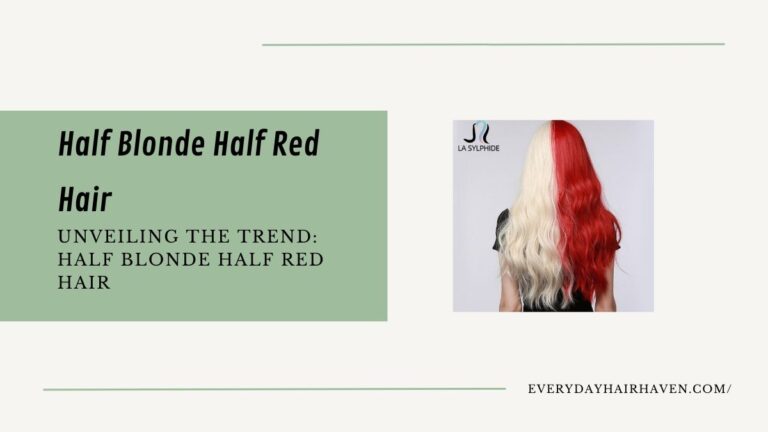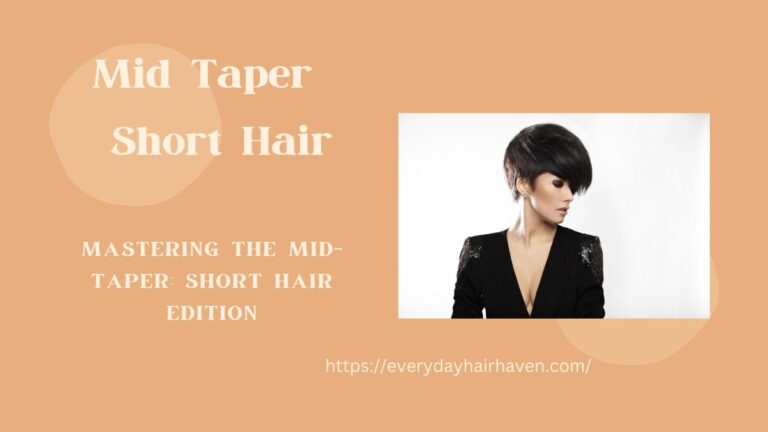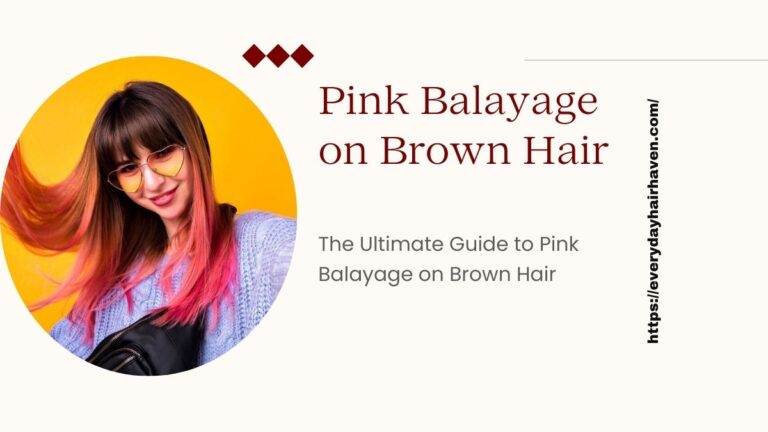The Potential of Baking Soda Managing Grey Hair Naturally
Embracing the natural changes in our appearance, such as the onset of grey hair, is a personal journey that many of us embark on at some point. While grey hair is often associated with aging, its premature appearance can also result from various factors like genetics, stress, or nutrient deficiencies. As individuals seek alternatives to chemical-laden products, the spotlight has turned toward natural remedies for hair care. Among these remedies, baking soda stands out as an intriguing option for managing grey hair while being gentle on the scalp and hair strands.
Understanding Grey Hair
The Science Behind Greying Hair
Grey hair is a result of reduced melanin production in hair follicles, leading to a loss of pigment. Melanocytes, specialized cells responsible for pigment production, tend to decrease with age, causing hair to turn grey or white. Genetics plays a pivotal role in determining the onset and progression of grey hair, and various factors such as stress, smoking, and certain medical conditions might accelerate the process.
Factors Contributing to Premature Greying
Premature greying, occurring before the age of 35, can be attributed to several factors beyond genetics. Stressful lifestyles, inadequate nutrition, vitamin deficiencies (especially B vitamins), smoking, and environmental factors have been linked to premature greying. Understanding these contributors can help in adopting preventive measures or suitable remedies.
Dispelling Myths and Misconceptions
There exist several myths surrounding grey hair, including the notions that plucking one grey hair leads to more, or that frequent shampooing accelerates greying. However, these are largely misconceptions. Plucking grey hair won’t generate more greys, and while excessive washing may affect hair health, it doesn’t directly influence the greying process.
Read More: Natural Remedies for Grey Hair: Baking Soda & More
Baking Soda: An Overview
What is Baking Soda?
Baking soda, chemically known as sodium bicarbonate, is a versatile compound widely used in cooking, cleaning, and even personal care. It’s a white crystalline powder with alkaline properties, making it effective in various household applications.
Historical Uses and Traditional Applications
Throughout history, baking soda has been prized for its versatility. It has been used for cleaning, deodorizing, and as a remedy for various ailments. In hair care, it’s known for its ability to cleanse and remove buildup, offering a natural alternative to commercial shampoos.
Scientific Properties and Impact on Hair
Baking soda’s alkalinity helps in opening hair cuticles, allowing thorough cleansing and removal of impurities. This property also aids in neutralizing excess oil and buildup, which could contribute to the appearance of grey hair. While it isn’t a direct solution for restoring pigment, its clarifying properties may help in managing grey hair by enhancing hair health and appearance.
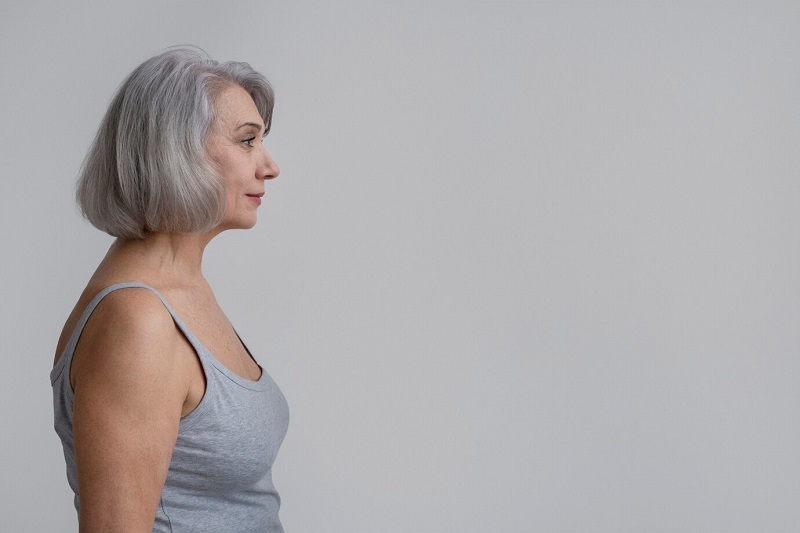
How Baking Soda Affects Grey Hair
Clarifying the Role of Baking Soda in Hair Care
Baking soda acts as a clarifying agent, effectively removing residue and buildup from hair. By eliminating impurities and excess oil that might dull the hair, baking soda indirectly improves the appearance of grey hair, making it look more vibrant and youthful.
Benefits of Using Baking Soda for Grey Hair Management
Using baking soda on hair can impart a renewed shine and smoothness, which might reduce the visibility of grey strands. Its cleansing properties also help in maintaining a healthy scalp environment, potentially slowing down the progression of grey hair by promoting overall hair health.
Potential Drawbacks or Precautions
Despite its benefits, baking soda’s alkaline nature can be harsh on hair if used excessively or without proper dilution. It can lead to dryness, breakage, or scalp irritation in some individuals. Therefore, it’s crucial to use baking soda sparingly and in moderation, following recommended dilution ratios.
Application and Methods
DIY Recipes Incorporating Baking Soda for Grey Hair
Mixing baking soda with water to form a paste or diluting it in a rinse are common DIY methods for using baking soda on hair. Adding essential oils or other natural ingredients like apple cider vinegar can enhance its benefits.
Step-by-Step Guide on Using Baking Soda in Hair Care Routines
Start by mixing a small amount of baking soda with water to form a paste or solution. Gently massage it onto wet hair and scalp, allowing it to sit for a few minutes before rinsing thoroughly. Follow up with a conditioner to restore moisture.
Tips for Effective Use of Baking Soda
It’s essential to use baking soda solutions infrequently, such as once a month, to prevent damage. Always perform a patch test to check for any adverse reactions before using it extensively. Additionally, it’s advisable to consult a dermatologist or hair care professional before incorporating baking soda into your routine.
Addressing Concerns and Risks
Potential Side Effects or Risks Associated with Baking Soda
Using baking soda on hair without proper dilution or using it too frequently can strip the hair of its natural oils, leading to dryness and breakage. Individuals with sensitive scalps might experience irritation or allergic reactions. It’s crucial to use it sparingly and discontinue use if any adverse effects occur.
Alternatives and Complementary Approaches
For those wary of baking soda’s alkaline nature, there are alternative natural remedies for managing grey hair. Herbal rinses, henna, or amla (Indian gooseberry) are some options believed to promote hair health and potentially delay grey hair progression.
Expert Opinions and Dermatological Perspectives
Dermatologists and hair care professionals often caution against the overuse of baking soda due to its abrasive nature. They suggest moderation and occasional use while emphasizing the importance of maintaining overall hair and scalp health through a balanced diet and proper care routine.

Real-life Experiences and Testimonials
Stories from Individuals Who’ve Used Baking Soda
Many individuals have shared their experiences of using baking soda on their hair to manage grey strands. Some report positive results, noticing improved shine and reduced dullness, while others advise caution and moderation in its usage.
Insights, Results, and Challenges
Those who’ve incorporated baking soda into their hair care routines note that while it can be effective in improving hair texture, excessive use can lead to dryness or brittleness. Balancing its benefits with proper care and moderation is key to achieving the desired results.
Different Hair Types and Responses
Hair texture and type might influence how baking soda affects the hair. Some individuals with oilier hair might notice better results, while those with drier hair may experience increased dryness. Understanding your hair type is crucial in determining the frequency and method of baking soda use.
Conclusion
In conclusion, baking soda presents itself as a potential natural remedy for managing grey hair. Its clarifying properties can enhance hair health and appearance, potentially reducing the visibility of grey strands. However, caution must be exercised in its usage, as excessive or improper use can lead to adverse effects. It’s advisable to consult with professionals before incorporating baking soda into your hair care routine.
FAQs (Frequently Asked Questions)
A1: Baking soda doesn’t reverse grey hair; rather, it may improve hair health, reducing the visibility of grey strands by enhancing shine and managing buildup.
A2: It’s recommended to use baking soda infrequently, perhaps once a month, to prevent potential damage from its alkaline nature.
A3: Yes, alternative natural remedies such as herbal rinses, henna, or amla are believed to promote hair health and potentially delay the progression of grey hair.

